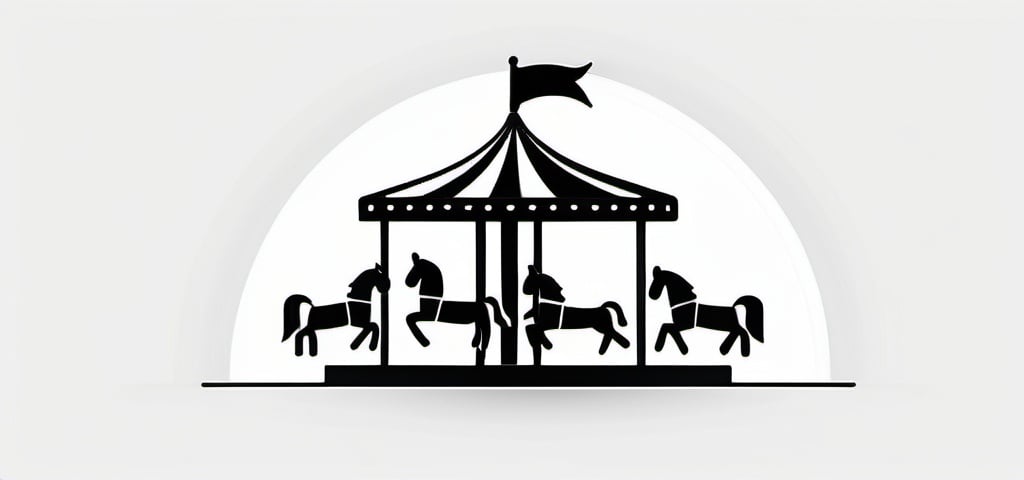Never ending merry go round
Politics: Where the only thing that changes is the speaker.

The real problem isn’t left or right, it’s the cycle that keeps spinning
Every election, the pitch is the same.
“Vote for us to fix healthcare.”
“We’ll make housing affordable.”
“This time, we really mean it.”
And every time, the result is the same: gridlock, half-measures, and media soundbites. Why?
Because the two-party system isn’t built to fix things. It’s built to survive.
Labor and the Liberals will argue until they’re red (or blue) in the face. But underneath the branding, they’re both playing the same game: win the next election. That’s the whole point. Not long-term reform, not generational fairness, and definitely not telling the truth if it might cost a seat.
Everything is filtered through the three-year cycle. That’s not a planning horizon, it’s a panic button. It rewards whoever can sell a sugar hit, not solve a systemic issue. It’s the political equivalent of painting over mould instead of fixing the leak.
The cycle of nothing
Let’s walk it through:
- Year One – Blame the last mob. Launch a few inquiries. Shake your head at how bad things are. Maybe freeze something to look tough.
- Year Two – Announce something. “Transformational.” “Bold.” “Future-focused.”
Never mind that it won’t be built, funded, or finished before the next election. - Year Three – Panic. Rush out announcements. Cut ribbons on half-done projects. Accuse the opposition of being worse. Hope voters forget the promises you made in Year One.
That’s not governance. That’s performance art.
Parties that can’t change
The two major parties aren’t just prisoners of the cycle, they depend on it. It keeps things predictable. It locks in donors. It protects marginal seats. And it ensures that every conversation is framed as a choice between two pre-approved, increasingly indistinguishable options.
When real reform threatens that balance, on tax, on climate, on integrity, or on housing, you’ll see something remarkable: both parties suddenly agree… to do nothing. Because if either side breaks the cycle, they risk losing control.
It’s not about ideology. It’s about inertia.
So what can we do?
We need more independents. Not because they’re perfect, but because they’re not programmed for party survival. They can break the cycle. They can challenge the spin. They can say, “You know what, this doesn’t work,” and not worry about which faction is whispering in their ear.
They can look further than the next election and ask: What kind of place do we want to leave behind in ten years?
Let’s be honest
As long as the two-party system runs the show, nothing gets fixed. It just gets delayed, rebranded, or quietly shelved until the next campaign.
Because when the real goal is power, not progress, governing becomes theatre. And we, the voters, become the audience expected to clap on cue.
Well, maybe it’s time we threw something rotten at the stage.
Comments are for subscribers only